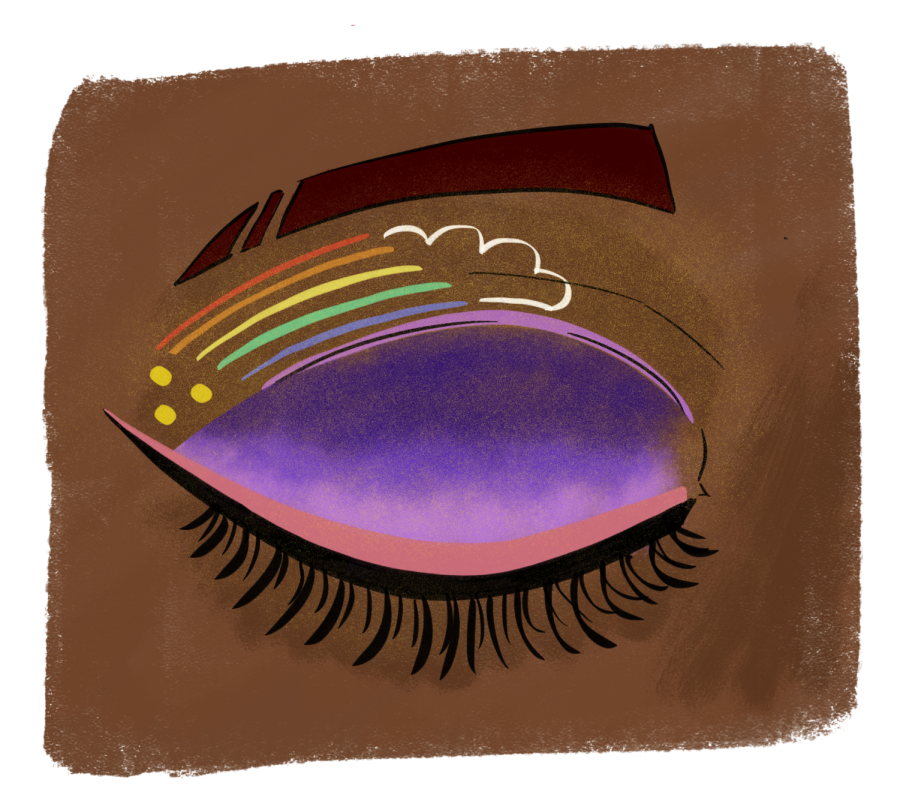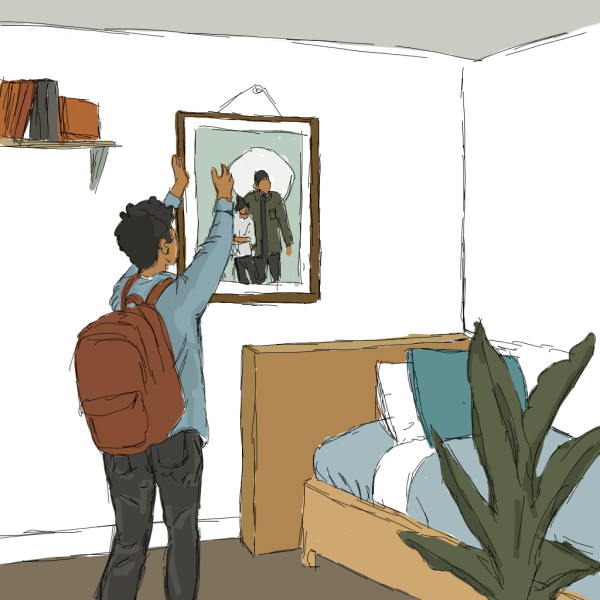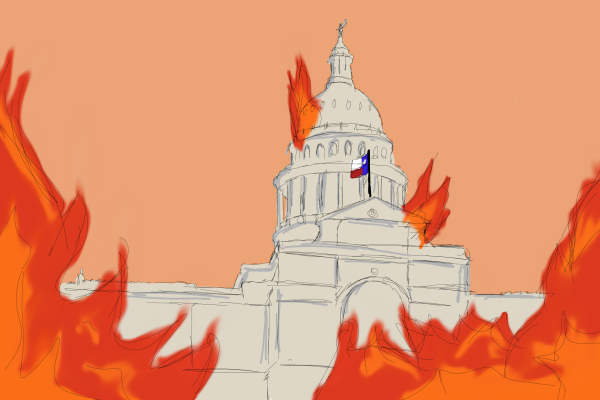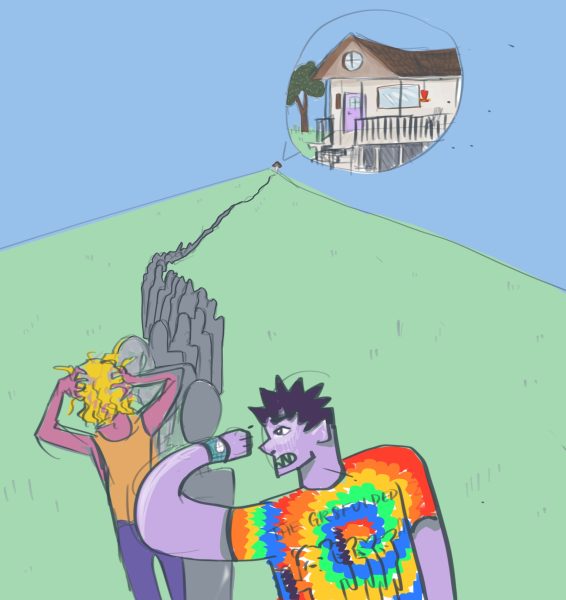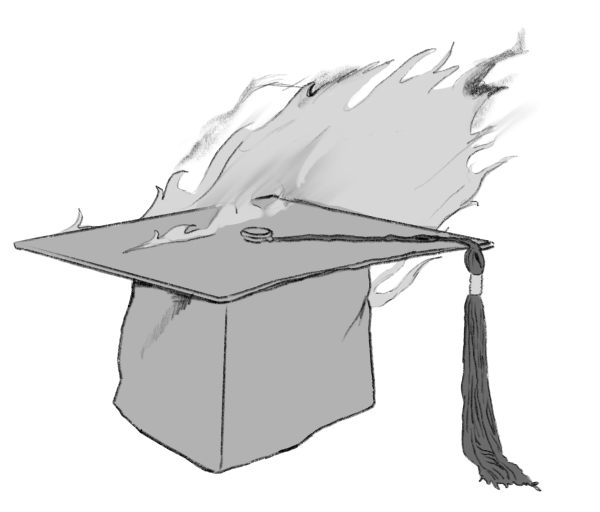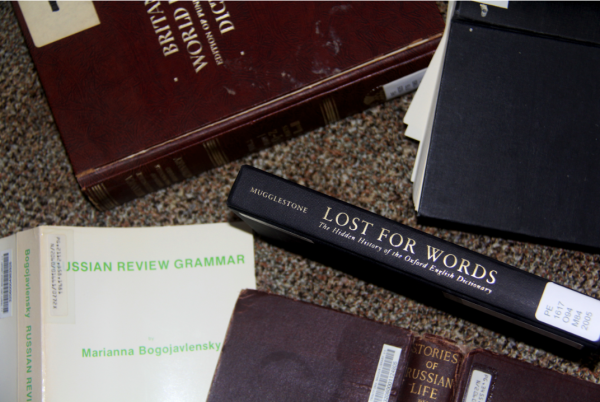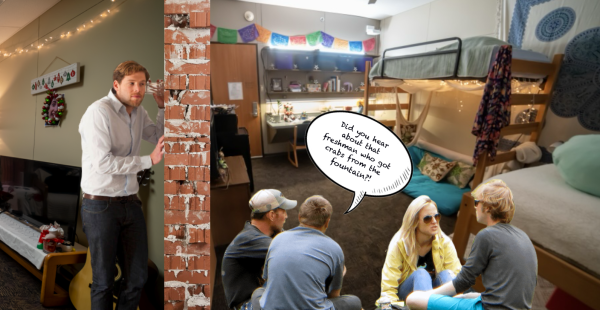LGBTQ+ representation in Euphoria
Despite controversy, the HBO Original is a source of queer visibility
From its first episode, the HBO original series “Euphoria” has drawn both excitement and controversy, debates sparking over its choices regarding explicit content and its portrayal of drug use. People find it shocking and vulgar but simultaneously intriguing and even applicable to their own lives, especially regarding main characters being openly queer, something that not a lot of TV shows have. In season one, we get a relationship between two female main characters, Rue and Jules. While fundamentally flawed due to each having their own unresolved issues, they somehow still share a tender and romantic relationship without being sexualized in the way a lot of female/female relationships in media tend to be. Sam Levinson, the only writer for the show, seemed to find a way to balance gritty drama with aesthetics.
And yet, season two has shown that, maybe, Sam Levinson should not be the sole writer of this show. Amid gut-wrenching scenes of overdoses and withdrawals is a take on sexual orientation and power dynamics that becomes more questionable as the episodes go on.
In between seasons one and two, “Euphoria” put out two special episodes, one focusing on Jules and one on Rue. Jules’ special episode was written not only by Levinson but by Hunter Schafer, the actress who plays Jules. Schafer, like Jules, is a trans and queer woman with acute insight into Jules’ character and what she might be feeling throughout the show by virtue of experience. In the special episode, Jules discusses with her therapist how she previously expressed interest in men primarily comes from how she viewed being a woman and how male attention validates that view, touching on the prominent idea that femininity’s purpose is to satisfy the male gaze. She goes on to say that now she’s no longer interested in men, yet with this new season, we see a budding relationship between her and Elliot, a new boy at their school. Of course, Jules’ character is complex, and there is no reason that she cannot grow and learn more about herself, but that does not change the fact that there is a noticeable difference in characterization between an episode written by Hunter Schafer, a queer trans woman, and the episodes written by Sam Levinson, a straight cisgender man.
The male queer representation does not fare much better. The only confirmed gay male character comes in the form of a violent, predatory middle-aged man, who hoards videos filmed nonconsensually. He is manipulative and aggressive toward his wife, children and anyone who threatens to reveal his sexuality, using his power and wealth to threaten and demean anyone he deems less than him. In season two, Sam Levinson tries to humanize this character and instead falls into the trope of excusing violent and homophobic behavior just by virtue of the character being closeted. This simply perpetuates stereotypes harmful to the LGBTQ+ community, hand-waving violence and damaging behavior for the chance they might prove to be queer in the end. It is not empowering or accepting: it creates a skewed view of homophobia that ultimately lets it slide.
Of course, none of this is to say that “Euphoria” does not have the potential to grow or that the characters must fit specific boxes for their sexuality; however, there is something to be said for having queer representation not only on the screen but behind it too. Having queer individuals involved in the story and writing process of shows, not just “Euphoria,” allows for marginalized groups to have a way to tell their own stories, instead of people who have not gone through their experiences telling it for them. Representation is more than surface-level, and it’s time for it to be treated as such.
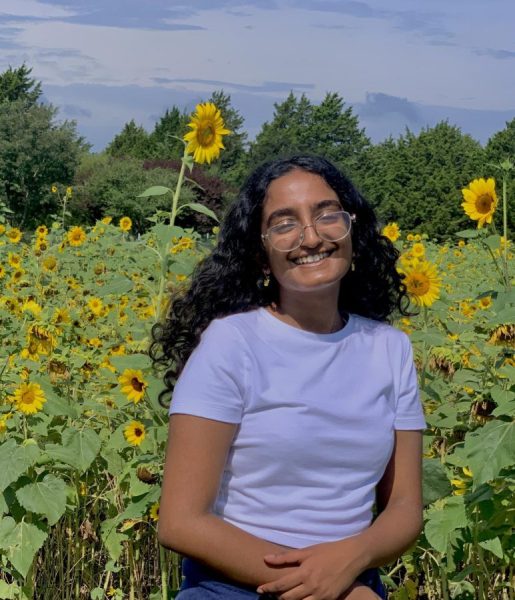
My name is Ashwini Vivek (she/her) and I am an Opinion Writer for the Trinitonian! I am a senior Neuroscience major from Dallas, and I'm also involved...
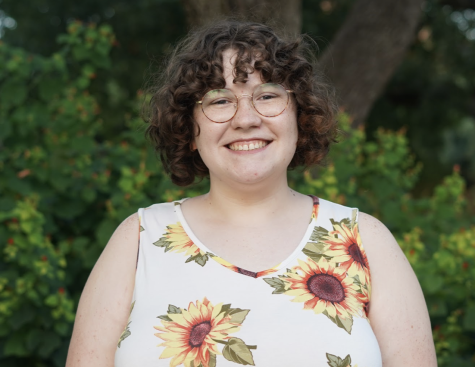
I'm a senior Computer Science major and a Classical Studies minor from Newton, North Carolina with a passion for art. I also work at the Center for Experiential...

